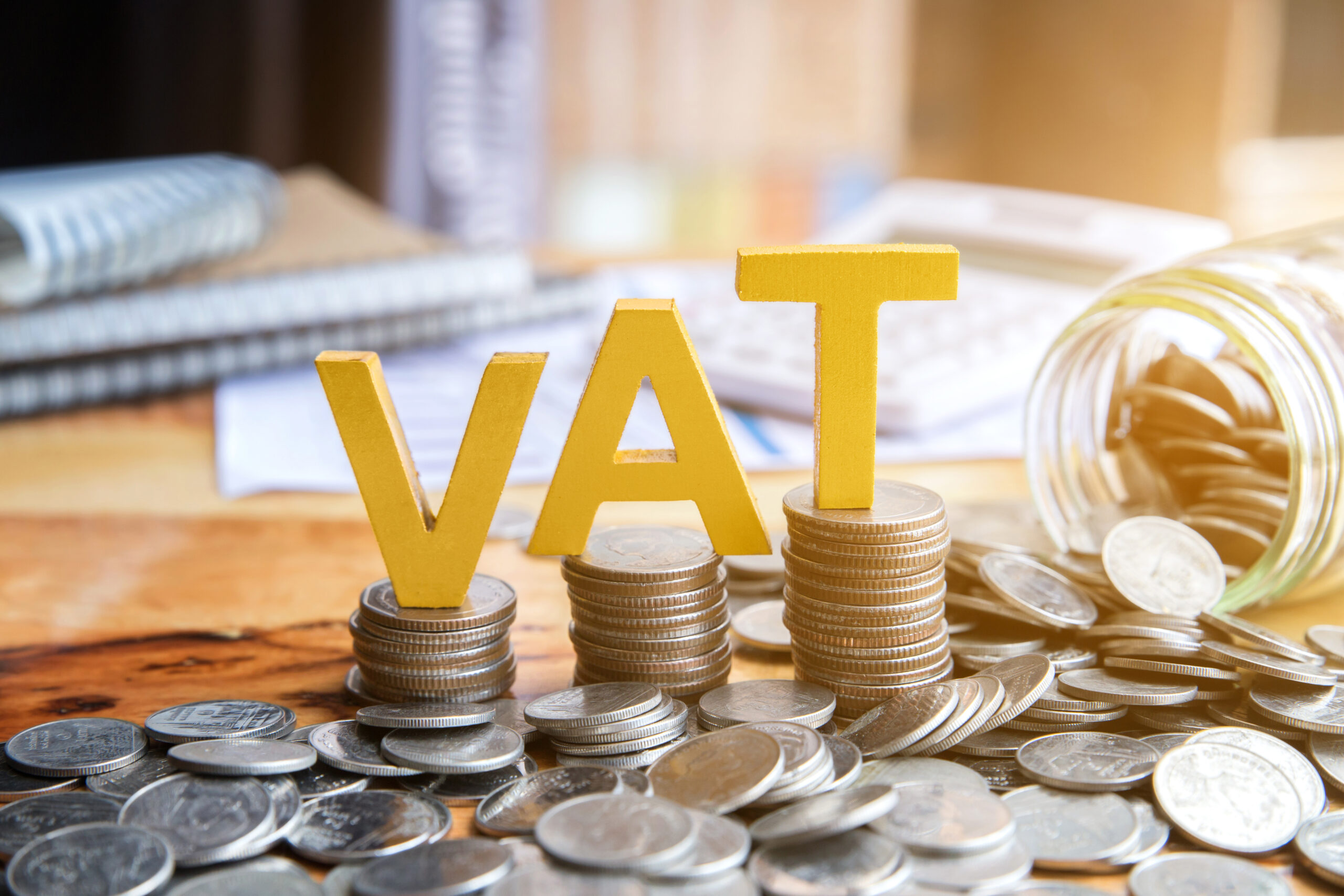
The earlier articles in this series have discussed several reform measures taken by CBEC to strengthen the service tax regime. However, one aspect that needs some re-design is the aspect of works contracts.
Works contracts are subject to both service tax and VAT. This cannot be changed, because a works contract has both an element of sale of goods and a service element. In order to ensure that only the goods portion of a works contract was taxed, states have long since provided that the service portion of a works contract can be deducted from the contract value. The deduction of the service element can be done on the basis of the actual amounts incurred on labour (plus a profit margin).
Alternatively, the contractor can take an ad hoc deduction of a prescribed percentage. Typically, states provide an ad hoc deduction of 20 per cent. Therefore, 80 per cent of the contract value suffers VAT.
Service tax law also provides for a deduction, to ensure that only the service element is taxed. Given that states had already staked a claim over 80 per cent of the contract value, one would assume that service tax would allow an 80 per cent deduction from the contract, right? Wrong! The service tax law incorporates an ad hoc deduction of 60 per cent.
Therefore, typically a contractor faces a situation where the taxable base for a given transaction is 120 per cent of the actual revenues from the contract.
This applies to a contract for civil works. For a contract of repairs and maintenance, the taxable base for service tax is 70 per cent, making the contractor’s total taxable base (for VAT and service tax) 150 per cent of contract revenues. It seems that it would be fair for the central government to take the lead and bring about an agreement between the states on the one hand and the central government on the other, to so set their ad hoc deductions at a level such that the taxable base does not exceed the contract value. As the law stands, the taxable base ranges from 120 per cent to 150 per cent depending on the type of contract. This seems extremely onerous.
An additional point in the valuation for service tax can cause considerable uncertainty and seems extremely burdensome. In the new valuation rules clause (ii) of rule 2A refers to the ‘total amount’ chargeable to service tax. As per rule 2A, the ‘total amount’ is defined under explanation to include gross amount charged plus the ‘fair market value of all goods and services supplied in or in relation to such works contract… supplied under the same contract or any other contract’.
First of all this does not specify who, the contractor or the customer, is supplying the goods and services. The only reference that we could find comes from the example supplied in the education guide released by the Board on June 20, 2012, which has depicted the supplies from customer as an element in the calculation of the total amount. Therefore, if the service receiver provides the contractor any goods free of cost to install in his office or factory, the fair market value of those goods is to be included in the works contract, and subject to service tax!
This is not a provision that will survive a legal challenge. In practice too, this element of calculation is not being followed by any contractor, to the best of our knowledge.
This is not an element of valuation that has been arbitrarily introduced. This was examined by the Apex court in the case of N M Goel & Co vs STO way back in 1988, where the Court has held that the cost of the ‘free of cost’ material supplied by the contractee should be included for the purpose of valuation of the works contract for entry tax purposes. However, the N M Goel decision involved a very specific and peculiar fact pattern. In the N M Goel case, the customer (the PWD department of the government) had the ability to procure some items of goods at its own cost, and provide these to the contractor for use in the construction contract. The PWD was accordingly entitled to deduct the cost of the goods that it had procured from the consideration payable to the contractor.
This resulted in the Supreme Court holding that the contractor was liable to pay entry tax on the free supplies by PWD, on the assumption that the contractor had caused the entry of the goods into the state.
To apply this judgment in such a sweeping way to the valuation for service tax purposes seems hasty, to say the least.
One hopes that the authorities will take note of these two issues with respect to works contract taxation under service tax and amend the law to provide relief to the construction industry.
Works Contract are subject to both Service Tax and VAT

